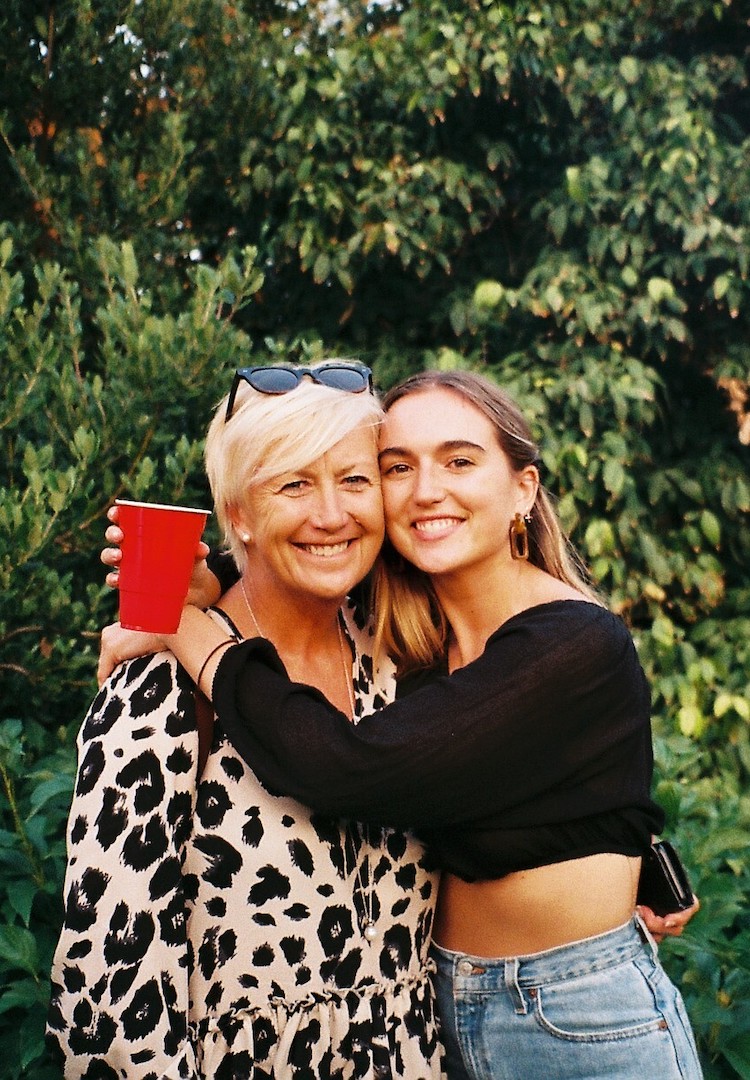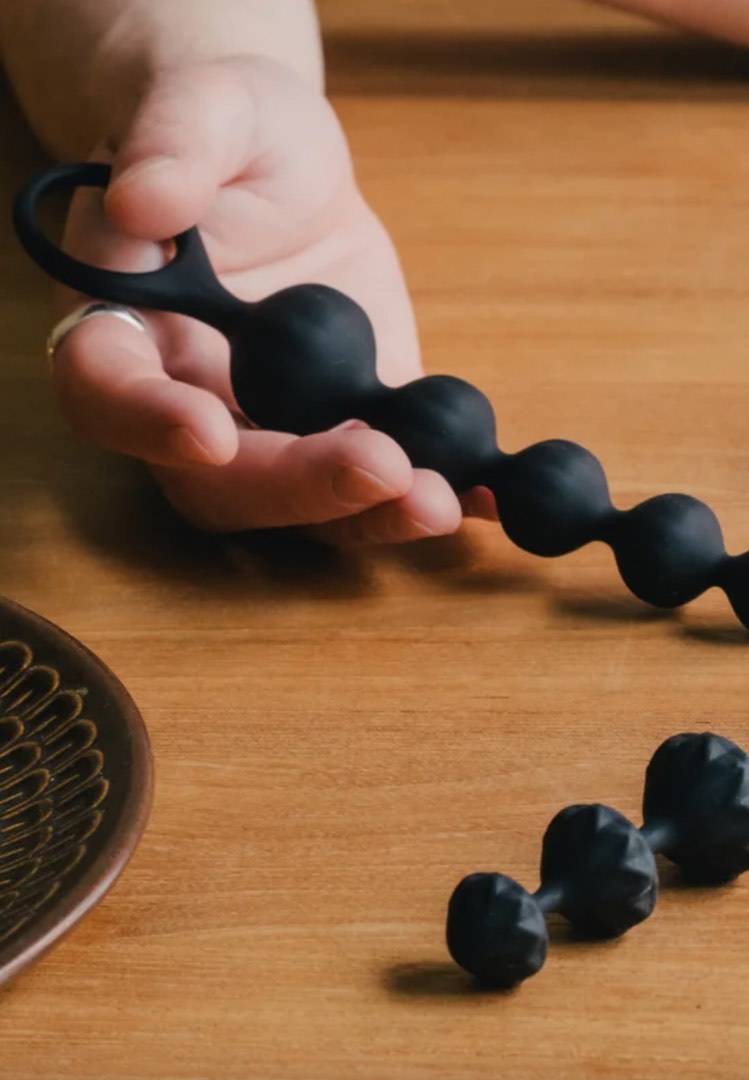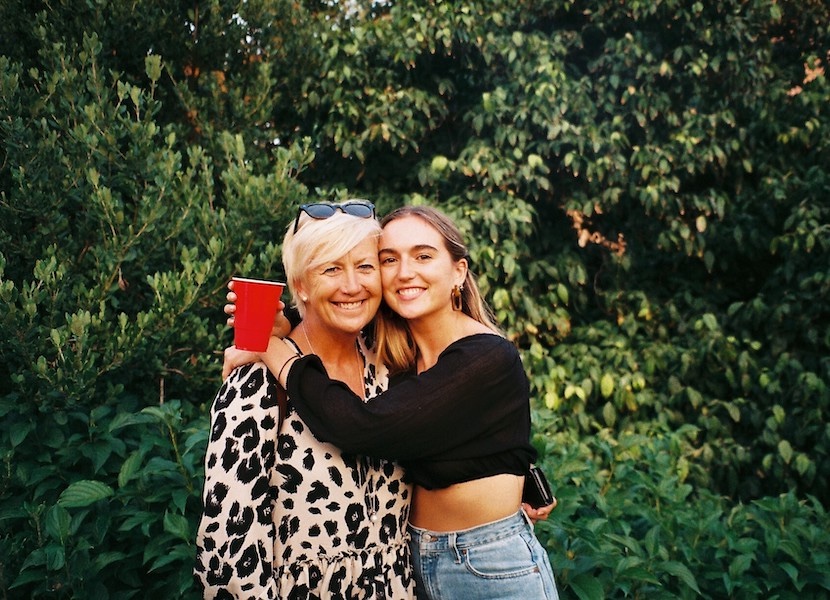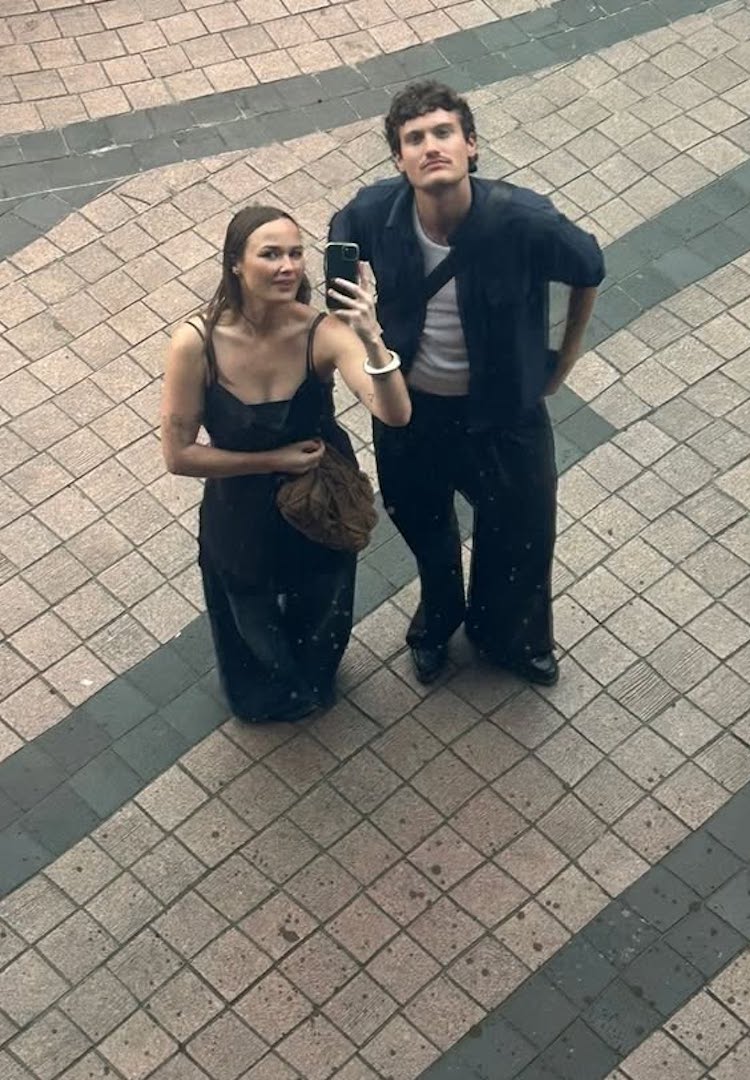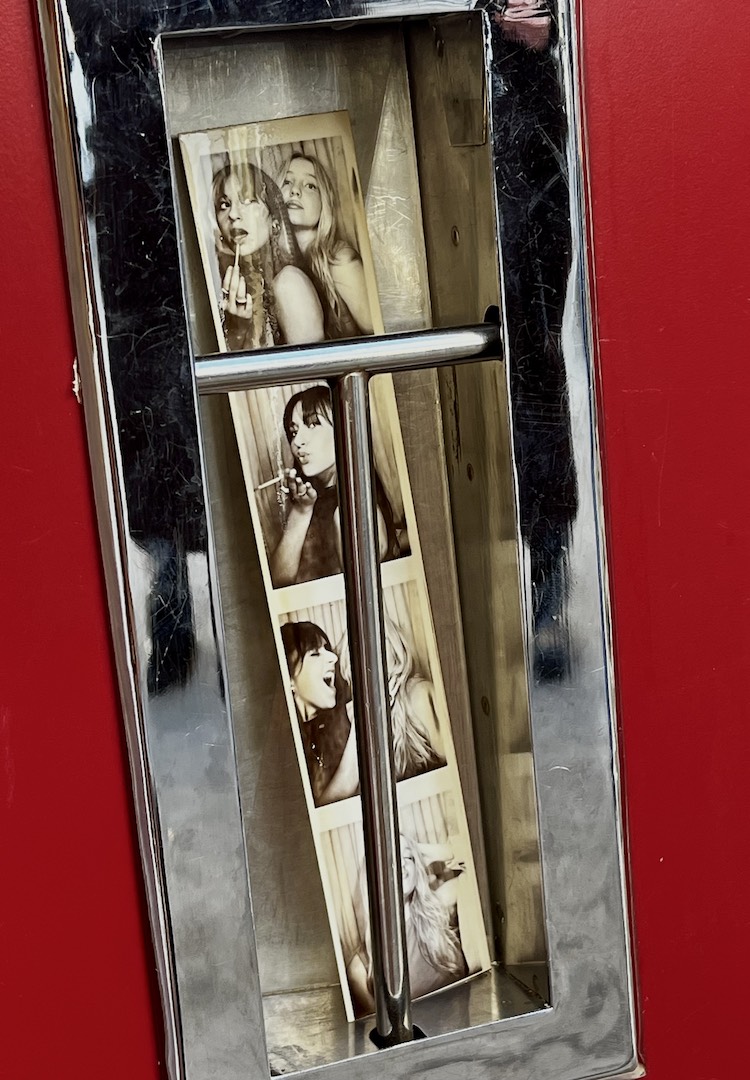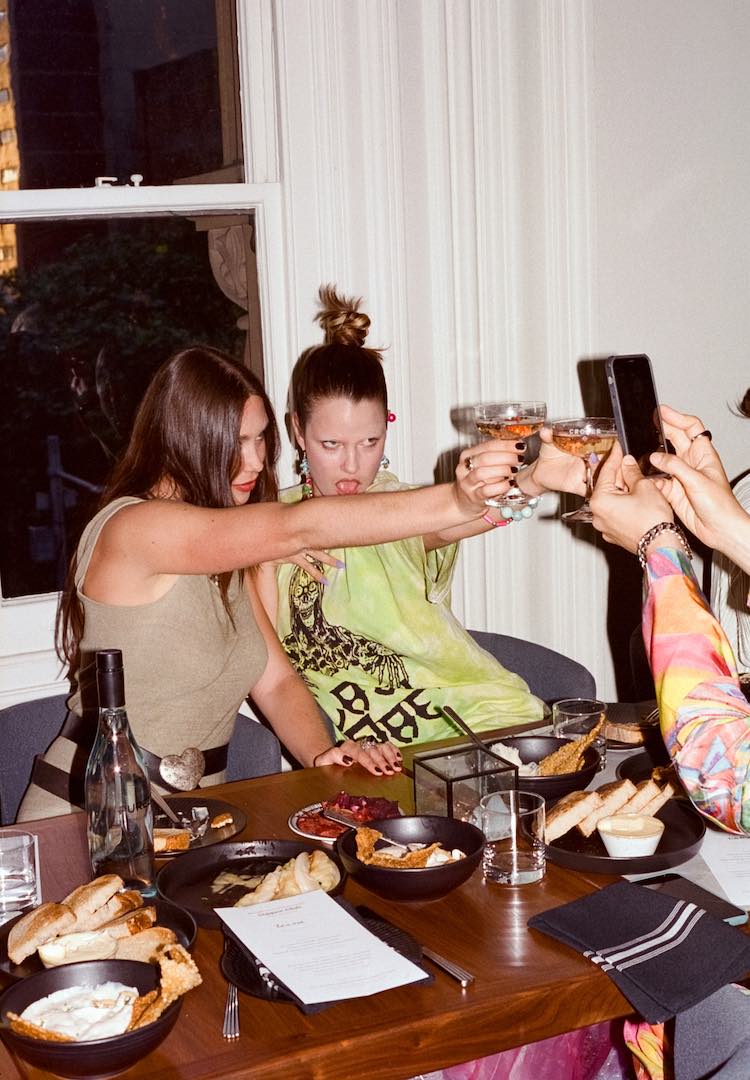What it’s like losing a parent and navigating grief in your twenties, according to 6 young Australians
PHOTOGRAPHY BY JAYME CALDERWOOD-ZOHDI
WORDS BY JESSICA SOFARNOS
It’s time to talk about grief.
We don’t talk about grief enough. In theory, it’s understandable; human beings are wired to avoid discomfort, and loss is uncomfortable at best and crippling at worst. It’s also logical to not want to pre-empt someone close to you passing because it forces us to look at our own mortality, which can be frightening.
Yet when it does happen to you, the lack of open dialogue about it means you’re given somewhat of a false narrative of how to cope and how to get through it. On September 19, my dad called me and said that my mum had died. It was sudden and unexpected. Those words rang in my ears and caused a ricochet off my heart, where the full force of shock electrified my veins and erupted through my bones.
Interested to hear how others navigate the world? Head to our Life section.
My mum is my best friend and my soul mate, but we are more than blood. We transcend all normal constructs, all understanding of a mother-daughter relationship. I can’t possibly begin to describe what she means to me, and now how her death will change me.
My experience of grief since that day has been heavy and untiring, its fullness bursting every which way not allowing me to escape it for more than moments at a time. Grief creeps up and takes a hold hard and fast whether you’re conscious of it or not, and is relentless in its pursuit of you facing it until you have no other choice.
I understand why people try to deflect its presence. Meeting it head-on is painful, but I’m learning that avoiding it is only ever a band-aid. Grief, like many other psychological traumas, cannot be paused, fast-forwarded or skipped. It will hover over you until you make peace with it and apprehensively hold its hand to try and make your way forward.
Grief is an incredibly isolating experience no matter how large or understanding your social circle is, which makes the process inherently selfish. I’ve found the weight of it all-encompassing, dragging you down further when you’re already low and puncturing the good moments when you’re finally experiencing a high.
The support around me has been staunch and secure however some days it feels like I can’t see myself getting through this. Getting past this point.
It is from this helpless place that I have looked for examples from the brave people who have walked this path before me. To those who have lost a parent when they were old enough to understand what they’d lost and young enough to know what they’d be robbed of for their future.
The advice of those who were strong enough to begin a new chapter to live again, perhaps not with, but for those who gave them life. I am in awe of these courageous friends for sharing their stories of great sensitivity with such openness, honesty and vulnerability.
Their words have given me hope for a life beyond these debilitating early days and have made me feel less alone. I hope their words inspire you to help a loved one experiencing loss or bring comfort to any souls just starting this journey like myself.
Reflecting on these five conversations, the key takeaways were:
- Check-in to see if your loved one is comfortable sharing before discussing their parent. If they’re not, that’s okay, they’ll now know that the line is open for them when they’re ready.
- If they are, ask them about their parent. More often than not they’re scared they will forget the vividness of their memory, or that you will too.
- No two grief experiences are the same, and the grief journey does not end. Be mindful of this during milestones such as Christmas, birthdays or anniversaries.
- Talking in some capacity is better than not talking at all. This could be with a family member, a partner or a professional, but it’s important to know that grief is stored in the body as a trauma if it is not processed.
- Be patient with the grieving person or if you’re grieving. Such intense emotions are hard to understand and problem-solve, so go gently.
To Luke, Cariad, Dan, Zoe and Jerome: I know this is a club we never asked to be a part of, but it’s one that I am proud to stand beside. You are all resilient, bold and inspiring. I am so thankful for these conversations. I know others will be too.
Luke, 30, lost his mum, Teresa, 10 years ago
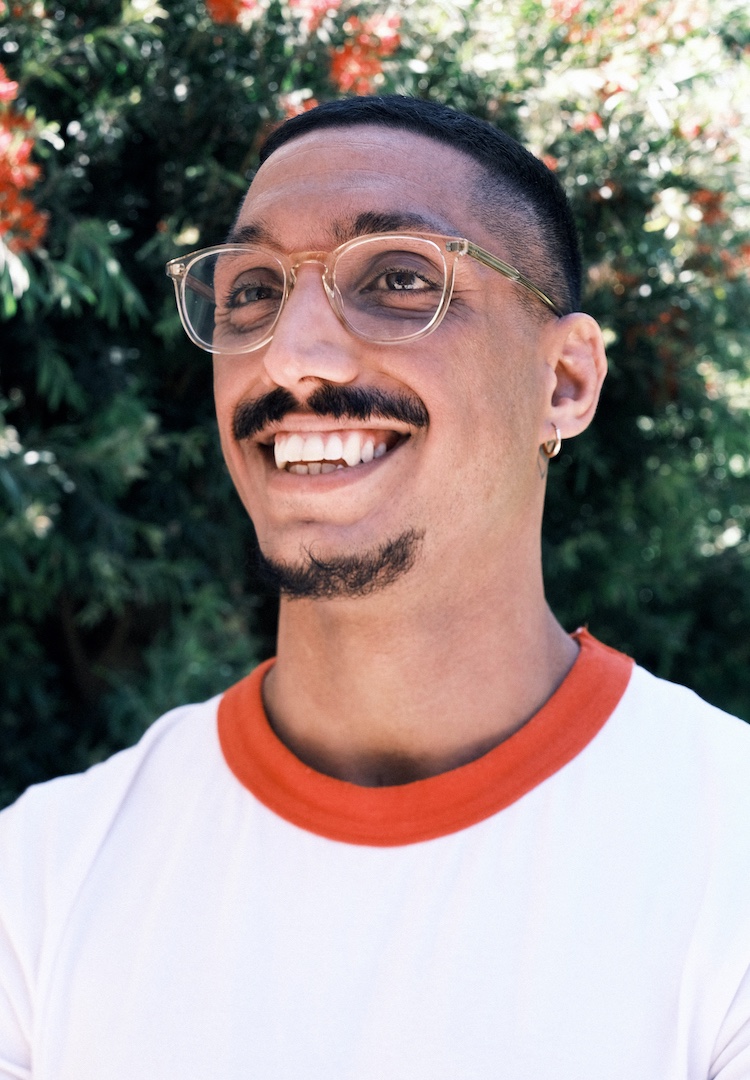
What scares you the most about not having your parent around?
I hate the fact that certain people in my life who mean a lot to me now will never get to meet my mum, because I would want to show off them to my mum, and I’d want to show off my mum to them. So that’s something that sucks, but it’s also a part of just accepting that they’re not physically here.
But with time you begin to realise that you will live your legacy through your mum’s, and the way you live your life will show how cool she was. That was a big part of the challenge of going through it all; choosing not to be depressed and sad and instead get up and do the things that I admire the most about my mum.
So when people comment on my good traits or say, “Fuck Luke’s a nice guy”, I can respond and know it’s all because she taught me this. You’re then pretty much a living legacy of your mum.
What did you find particularly helpful during the grieving process?
I’ve found being open and honest with your friends (is helpful). If you wake up and feel like shit then check your phone and see your mate ask if you want to hang out, they almost beat you to your sadness. But you’ve got to set the trend of being open yourself. Sometimes your friends don’t know how to talk to you about it, and obviously, they should because the big picture is that they need to look out for you, but in truth, they’re probably feeling awkward to bring it up.
They probably don’t know how to talk to you, but if you say that you’re happy to open up the communication about it – they’ll know to check in. For my mum’s birthday, my friends would text me saying, “Hey do you want to go to the cemetery together?”. It’s amazing, but you have to set that trend yourself to be open. You need to talk about your mental health in general. Make mental health trendy. It’s important.
Cariad, 28, lost her dad, Mark, five years ago
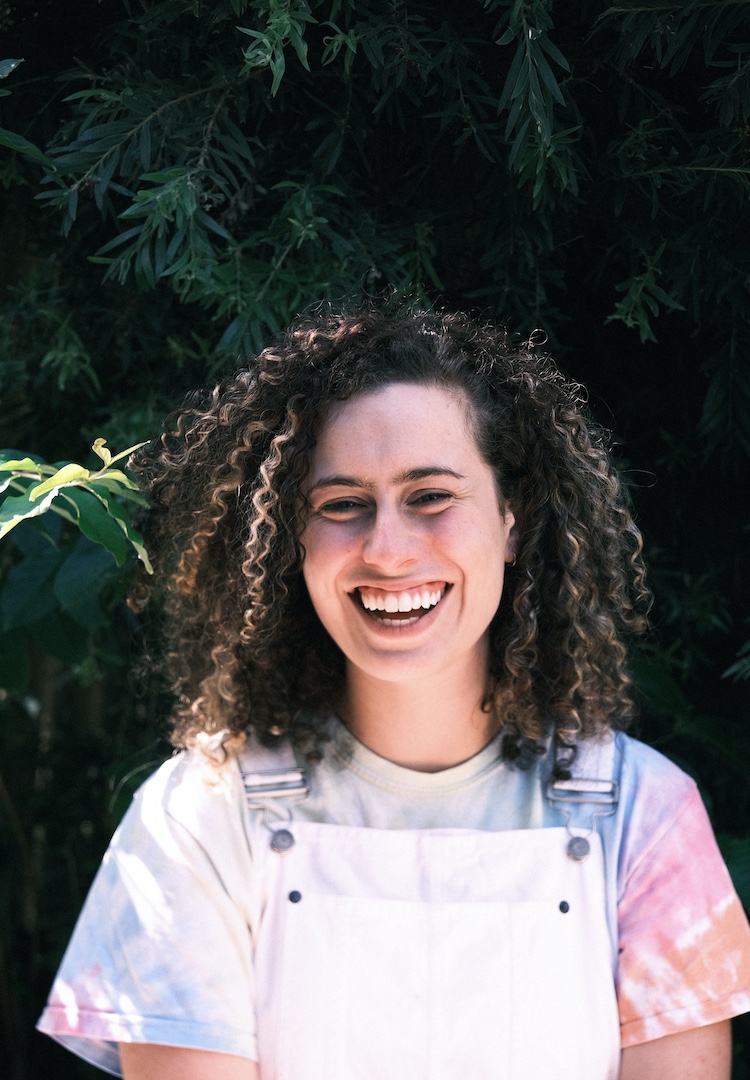
Can you describe what grief feels like physically?
You know when you’re a kid and you dive into the really deep end of a pool and maybe it’s a bit deeper than you thought it was, and you’re swimming and you push up from the bottom, and you swim towards the top, and you know that eventually, you will break the surface.
It’s very unlikely that you will drown, but you get to that point where your lungs are burning and your muscles are hurting and your brain is setting off alarm bells and you realise that there is no air around you; you literally can’t take a breath unless you break the surface. And for a couple of scary seconds, you’re like “Wait am I going to make it?”, like that really specific, painful terror.
And there really is no escape until you break the surface. That’s what it felt like to me; the sheer inescapability of it really flawed me. I was so surprised to wake up every morning and still feel it all. You’re waiting for it to stop but it just never does.
What is one thing you’d like people to know about the grief journey?
I’d like people to consider the timeline of grief and how you always have this explosion of goodwill, gifts and support at the beginning and then it slowly dies into nothing. My advice would be to save up the love and energy and find some longevity in the support of the family because the drop off from so much care to nothingness is an added difficulty.
Also, if you’re close to someone, use your prediction skills to think ‘What’s something this person will need without me having to ask them?’. The best help was when people would just appear to do tasks like the washing or the shopping without them having to ask or feel like you’re burdening them by asking.
If you know the person well enough and think that you could guess something that they would like, just do it and don’t ask for recognition. Just show up, do their washing, hang it up and fuck off. If you love this person you know that they’ll appreciate it, and it saves them having to find the words to ask or say thank you. Grief is exhausting all the time, so any spare moments, words or emotions are needed for the grieving person. Just think ‘What could I do for this person that would be helpful?’, then just do it.
Dan, 28, lost his mum, Mary, 11 years ago
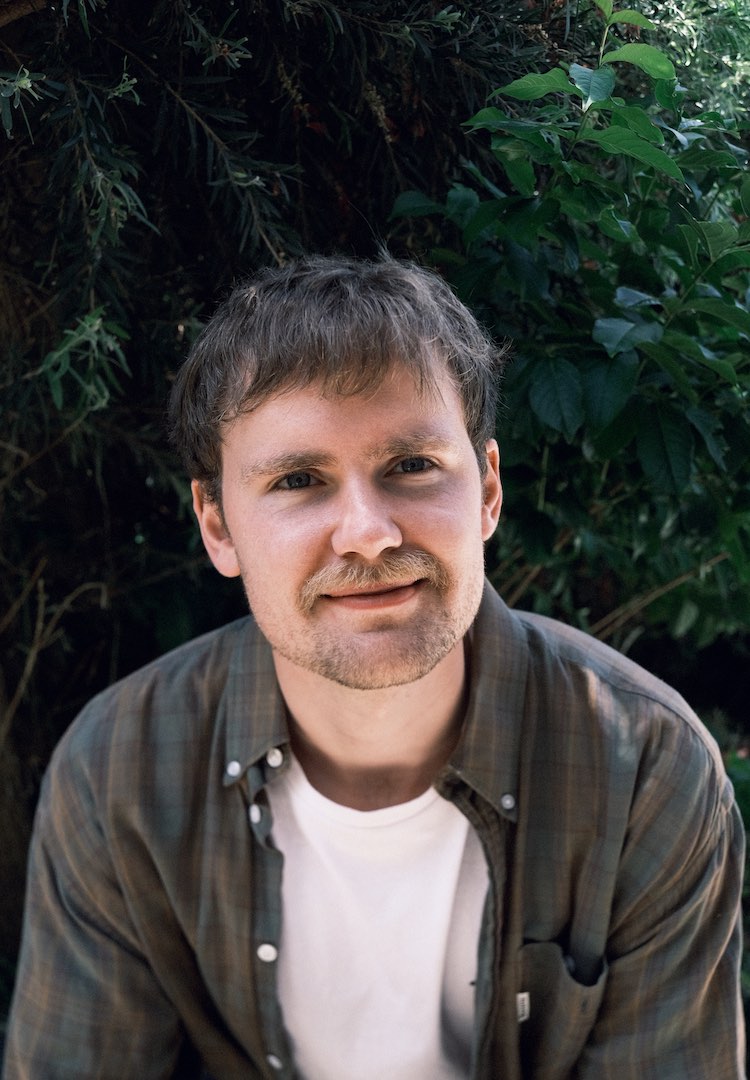
What do you feel you have missed out on by losing your parent in such a poignant time of transition into adulthood?
It’s such a hard question to answer because there is no measure on what I’ve lost, or what anyone loses. It’s everything. The casual dinners, the mature chats that I never had with her. I was only 17 (when she passed); I was never able to talk to her about real issues going on with me.
We didn’t get to have that adult relationship, so I’m really jealous of people that have that. But in the same boat, I’m lucky to have a brother and sister to open up to about a lot of things similarly to how I would if Mum was still around. But it’s immeasurable, the impact of losing a parent so close and so young.
And no one will get it until they go through it because you can’t explain what influence it has on you and who you will become, for both the better and worse.
Do you feel comfortable talking about your mum?
If I’m comfortable with someone or they prompt or ask me specific things, I don’t mind talking about it. I think talking is important; it’s just about understanding what that person needs and their boundaries. Back (when she passed) if you had asked me questions I would have just run away, but I’m in different circumstances now.
I find it hard to talk about her, but it’s good to do it. When it feels really calming and relaxing is when I speak to those close to her too because we can talk about memories and they know her just as well as I know her, if not better.
But I do find it more difficult to talk to other people about it. I don’t think it’s a measure of how close I am with people though; I think it’s just easier to reminisce on Mum when the other person knew her.
Zoe, 29, lost her dad, Darren, six years ago
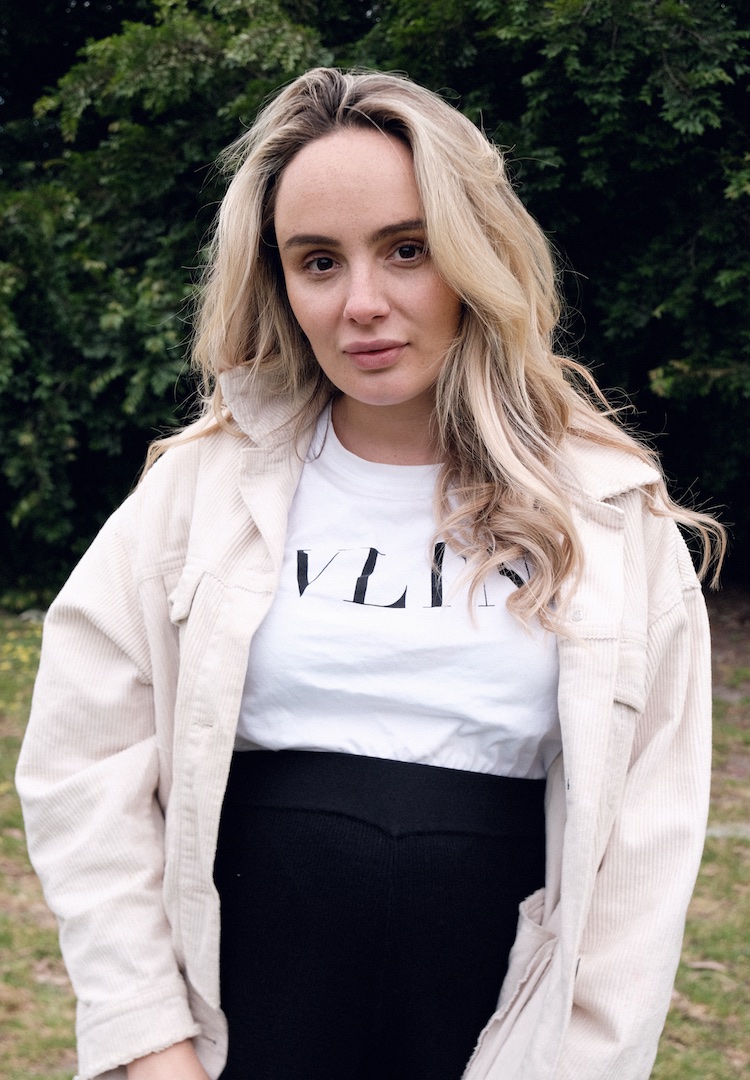
What’s the greatest lesson you’ve learnt from your grief?
If you need to get through something, you do. It’s as simple as that. I don’t think that the universe gives you anything you can’t handle. I’m still a big believer that everything happens for a reason, and I know you can go either way with that, but for me I believe that it does, and living by that is what has got me through. It’s so much easier to put faith into the universe and whether you’re clutching at straws or not, if there’s a reason and it makes you feel better, then that’s what works.
I know it sounds strange but I am really grateful for that experience in hindsight because you will never question if you can do anything. There’s not much that I think I can’t do, because what I went through with my dad, nothing compares to that.
There is nothing that someone could throw at me that I couldn’t handle. I feel quite invincible. So in a roundabout way, it’s kind of a blessing that you got to experience something so awful so early because you will spend the rest of your life knowing you’re equipped for anything.
What would you tell someone like me only starting the beginning of this journey?
I promise you, it will get easier. The grief will never go away but [physically] your chest will stop hurting and the ringing in your ears will fade. And I promise you; you will never walk down a dark street and feel scared again because there is someone always protecting you. You just don’t worry as much.
My life has turned out pretty okay and that’s why I have a lot of faith in the universe. People always say at the time, “You’ll have a guardian angel on your shoulder forever” and I know at first you’re just like “I don’t care!”, but it’s true. You really do, and you feel their presence more and more over time.
Jerome, 33, lost his dad, Tony, 15 years ago
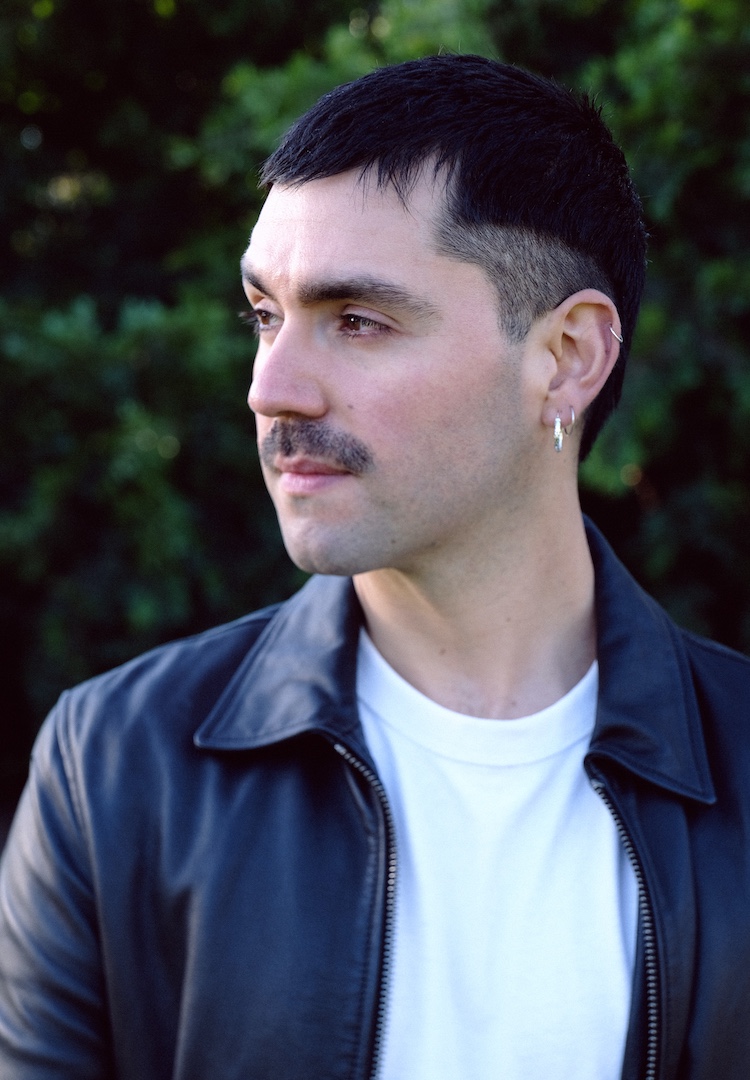
Is there something you wish you knew earlier about death?
There were a lot of things that I knew I’d wanted to say to him that I didn’t. I guess I was still a teenager and I was only just coming into my own so I didn’t realise it until I became a lot older that I could have said [what I wanted] to him. I guess that’s something people should know; that those conversations need to be had.
They’re always readily available to you. You don’t need to wait, you can have that dialogue at any age and I wish I did because that’s the biggest thing I remember; was not being able to say things that I knew I had thought but I was maybe too afraid to ask. Especially at that age, you think of your parents as superheroes so you might be too scared to express your opinions but in hindsight, I wish I did.
If you could give one piece of advice, what would it be?
I don’t know what [the journey] will be 20, 30 years on but I know that there’s no timeline on it ending. You have to accept that it will always be with you; you live with it, you adjust to it, but you don’t just put a lid on it and think, ‘Well okay that part of my chapter is done now, my grief is done’.
You can’t compartmentalise it or wrap it up in a bow and fuck it off. It’s long and you have to be prepared for it to come back. Don’t refuse it or push it away and say ‘I don’t want to feel that anymore’, but accept it and learn that it will be a part of your emotions and part of who you are and your being.
It takes time. [12 years on] I guess I still find it difficult talking about [my dad] just because I never have, so this feels nice, like a full-circle moment. Like maybe I’m okay to talk about it now.
This article was originally published on November 27, 2020.
If you’re struggling with grief, try these resources.

